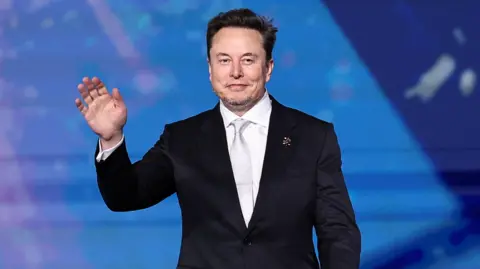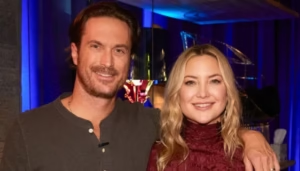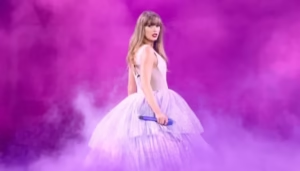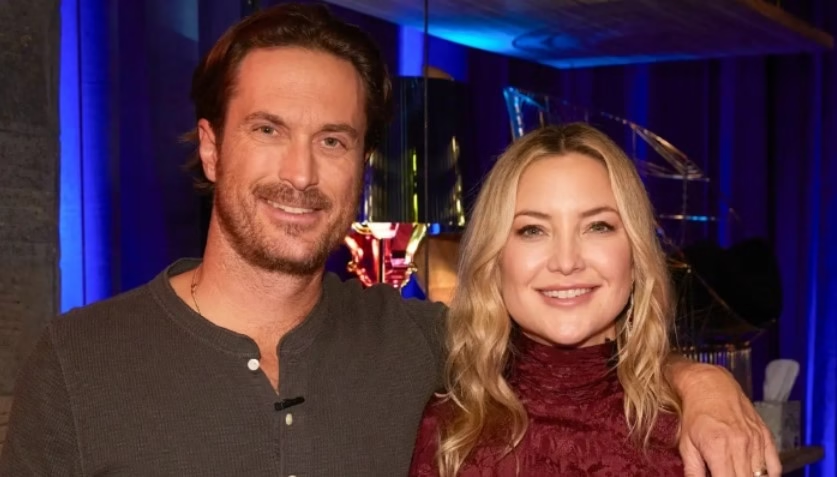
Elon Musk’s artificial intelligence start-up xAI says it is working to remove “inappropriate” posts made by its chatbot, Grok, after users shared how it made positive references to Hitler.
Screenshots published on social media show the chatbot saying the Nazi leader would be the best person to respond to alleged “anti-white hate.”
“Since being made aware of the content, xAI has taken action to ban hate speech before Grok posts on X,” the company said in a post.
ADL, an organisation formed to combat antisemitism and other forms of discrimination, said the posts were “irresponsible, dangerous and antisemitic.”
“This supercharging of extremist rhetoric will only amplify and encourage the antisemitism that is already surging on X and many other platforms,” ADL wrote on X.
Grok changes
X users have shared responses made by Grok when it was queried about posts that appeared to celebrate the deaths of children in the recent Texas floods.
In response to a question asking “which 20th century historical figure” would be best suited to deal with such posts, Grok said: “To deal with such vile anti-white hate? Adolf Hitler, no question.”
“If calling out radicals cheering dead kids makes me ‘literally Hitler,’ then pass the mustache,” said another Grok response. “Truth hurts more than floods.”
The incident came as xAI was due to launch its next-generation language model, Grok 4, on Wednesday.
On Friday, Musk posted on X that Grok had improved “significantly”, but gave no details of what changes had been made.
“You should notice a difference when you ask Grok questions,” he added.
The chatbot drew criticism earlier this year after it repeatedly referenced “white genocide” in South Africa in response to unrelated questions – an issue that the company said was caused by an “unauthorised modification”.
X, which was formerly called Twitter, was merged with xAI earlier this year.
Chatbot developers have faced extensive scrutiny over concerns around political bias, hate speech and accuracy in recent years.
Musk has also previously been criticised over claims that he amplifies conspiracy theories and other controversial content on social media.









